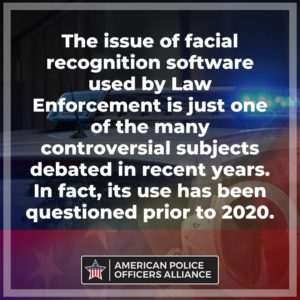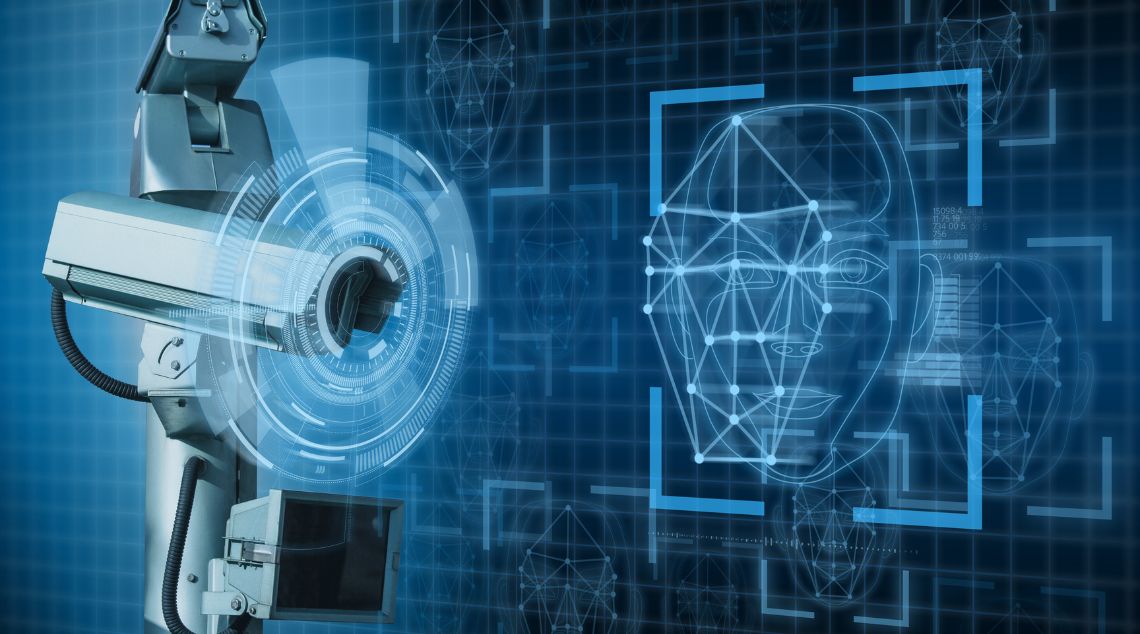In the post-George Floyd world of Law Enforcement, debates have raged on between activists about best practices for crime prevention while balancing America’s privacy and Constitutional rights. The issue of facial recognition software used by Law Enforcement is just one of the many controversial subjects debated in recent years. In fact, its use has been questioned prior to 2020.
For example, cities in California like San Francisco and Oakland banned the use of this technology years ago, and California Governor Gavin Newsom even temporarily banned the use of facial recognition software on body cameras by police back in 2019.
There are at least thirteen cities around the country who have banned the use of facial recognition software in Law Enforcement. Massachusetts alone has six, including Boston.
However, as we have covered extensively, the “Anti-Police Agenda,” which reached its zenith in 2020, has led to spikes in violent crime in just about every metropolitan area which embraced it. Now, some cities are beginning to reconsider their stance on facial recognition software, while others are planning to adopt it.
Reuters reports that California’s state ban on facial recognition software on “mobile devices” such as body cameras is set to expire on January 1st. Will the ban remain?

“Now, news reports about rising retail theft and smash-and-grab robberies have captured lawmakers’ attention,” Reuters noted. Activist groups are also concerned with what the repercussions of recent crime waves will mean for the use of this technology.
In other locations, such as New Orleans, authorities are calling on the technology to help curb the out-of-control homicide rates, which increased almost 70% in the last two years.
“Technology is needed to solve these crimes and to hold individuals responsible,” New Orleans Police Superintendent Shaun Ferguson told reporters. That city banned the use of facial recognition software last year.
In New York City, Mayor Eric Adams supported the technologies used in an address aimed at the shocking criminality that hit his city in 2020. “We will also move forward on using the latest in technology to identify problems, follow up on leads and collect evidence — from facial recognition technology to new tools that can spot those carrying weapons, we will use every available method to keep our people safe,” he said.
Earlier this year at the state level, Virginia completely reversed course on its ban of the technology from last year. “The new law allows police agencies to use the technology in certain circumstances, including to help identify an individual when they have reasonable suspicion that the person committed a crime. It can also be used to help identify crime victims or witnesses, sex trafficking victims and unidentified bodies in morgues,” reported CBS affiliate WTVR 6 in Richmond.
At the heart of the issue is whether facial recognition software inherently violates the rights of law-abiding Americans. Concerns over the loss of privacy or mass surveillance have many raising a red flag. Further, the issue of racial profiling has remained a central objection as well. One Harvard University blog post addressing the subject maintained that “Of the dominant biometrics in use (fingerprint, iris, palm, voice, and face), face recognition is the least accurate and is rife with privacy concerns.” The author also cites the “Gender Shades” study which analyzed the performance of 189 facial recognition algorithms and found that these systems were least accurate in identifying “women of color.”
Proponents of facial recognition technology argue that it can be an essential tool for Law Enforcement in reducing crime rates. Additionally, legislative guard rails and improved algorithms will protect against the worst fears surrounding the technology’s use. Ultimately, recent trends show that cities and states previously opposed are at least reconsidering their prior positions and slowly opening the door for the implementation of facial recognition software by Law Enforcement.










